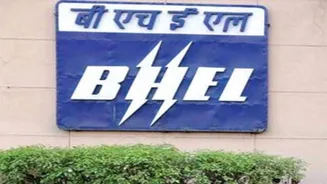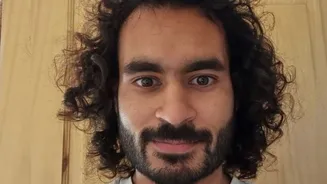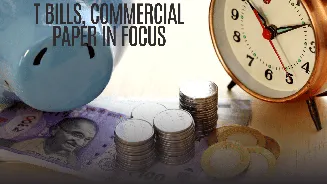New Delhi, Aug 19 (PTI) The Supreme Court on Tuesday questioned the Centre and the attorney general over the long pendency of bills passed by assemblies with governors, underscoring the limitations of constitutional
courts in situations where legislation has been pending since 2020.
The query from a five-judge Constitution bench led by Chief Justice B R Gavai came while hearing a presidential reference seeking clarity on whether fixed timelines could be imposed on governors and President while dealing with bills passed by the state legislatures.
The bench, also comprising Justices Surya Kant, Vikram Nath, P S Narasimha and A S Chandurkar, said it would be expressing its views only on the law and not on the April 8 decision in the Tamil Nadu case, fixing a timeline for governors and President for acting on bills passed by state legislatures.
The bench, while responding to the preliminary objections raised by Tamil Nadu and Kerala governments on maintainability of the presidential reference, said it would exercise its advisory jurisdiction as it was not sitting in the appellate jurisdiction.
Attorney General R Venkataramani, whose assistance was sought by the top court, said courts cannot exercise its plenary power under Article 142 of the Constitution to rule the bills pending with Governor, are deemed to have been passed.
Justice Kant asked Venkataramani whether bills were pending before Tamil Nadu Governor since 2020.
The AG said those facts were not before the court and the court had to examine the "lis" before it.
"The court has to look at the law, whether such an order can be passed. Even if it is factually correct…there were explanations given for that. There was an explanation why the governor kept the bills pending. We are talking about state of powers on whether Article 142 can be invoked to declare the bills deemed to have been passed," he said.
The bench, however, asked him, "What can you enlighten us about what a constitutional court would do if it has to deal with such facts (where bills passed by assembly in 2020 were pending)? If the court went wrong according to you, what is the constitutionally permissible way to deal with this situation?"
The CJI and Justice Narasimha also questioned Venkataramani while referring to certain paragraphs in the April 15 verdict, dealing with the reasons for invoking Article 142 of the Constitution.
"Just see the egregious situation where it had come to.. it was to remedy that situation that the court had to step in. The bills were pending for so long. What option did the court have?" Justice Narasimha asked.
Venkataramani said once the court enters into this arena, it would be asked to consider any "mind-boggling fact" but the question was "can the court enter this arena at all".
Solicitor General Tushar Mehta, appearing for the Centre, said these questions have come before the republic for the first time and urged the court to not go into the facts of individual cases.
"There may be some deviations, either in legislature or in executive or sometimes in judiciary but there are checks and balances. We have to deal with these issues holistically," Mehta submitted.
He said there could be errant cases of governors, ministers, right or wrong advice or timeline lagging but the core issue -- being significant for the democracy, the court could advise on -- related to the role of President and governors in a federal structure.
Earlier in the hearing, while replying to the preliminary objections raised by Tamil Nadu and Kerala governments, Mehta said the top court possesses an inherent power to overrule its judgments which was not a part of any appellate power.
"This is for the first time, the President felt functional disharmony arose and will arise because of no authoritative pronouncement. Its because a two-judge bench fixed the timeline for another authority. There is a constitutional problem -- how Governor and President would act...the highest head of executive is seeking guidance, the judgment has created a constitutional problem," he said.
In May, President Droupadi Murmu exercised powers under Article 143(1) to know from the top court whether judicial orders could impose timelines for the exercise of discretion by the president while dealing with bills passed by state assemblies.
The Centre said in its written submission that imposing fixed timelines on governors and the president to act on bills passed by a state assembly would amount to one organ of the government assuming powers not vested in it by the Constitution, and lead to "constitutional disorder".
The hearing remained inconclusive and would continue on Wednesday.
On April 8, the apex court while dealing with the powers of the governor with respect of bills passed by the Tamil Nadu assembly for the first time, prescribed that the president should decide on the bills reserved for her consideration by the governor within three months from the date on which such a reference is received.
In a five-page reference, President Murmu posed 14 questions to the Supreme Court and sought to know its opinion on powers of the governor and president under Articles 200 and 201 in dealing with bills passed by the state legislature. PTI MNL SJK MNL AMK
AMK
















